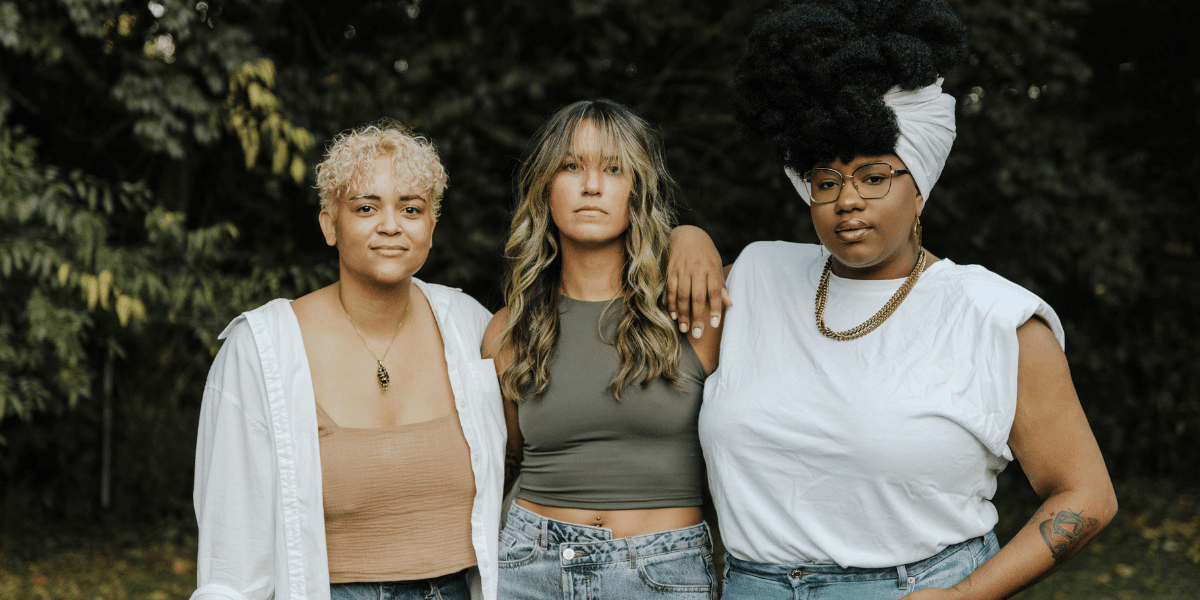From hustle to harmony, the journey of balancing professional ambition with creative expression often feels like a challenge. Many believe that a demanding career leaves little space for personal creativity. Structured work environments may seem at odds with the free-flowing nature of artistic pursuits. Yet, some professionals find ways to blend the two, allowing them to enhance not only their job performance but also their overall well-being.
A career offers structure and financial stability, while creativity fosters innovation and adaptability. The ability to think creatively is valuable across industries, not just in artistic fields. Professionals who engage in creative activities outside of work may develop problem-solving skills that benefit their careers. Studies suggest that activities like writing, painting, or playing music stimulate cognitive flexibility, which can lead to improved decision-making.
Read also: Exploring the Motivations Behind Pursuing a Career in Music
What Happens When Creativity Is Overlooked?
Ignoring creative interests for an extended period can lead to feelings of monotony or stagnation. Work may become routine, lacking the engagement that creativity often provides. Some individuals experience a sense of imbalance when they focus exclusively on professional achievements without nurturing personal expression. While this does not affect everyone in the same way, research suggests that creative outlets may contribute to emotional well-being and stress relief.
Without opportunities to express ideas in new ways, work-related burnout may become more likely. Studies in psychology indicate that engaging in creative activities can serve as a buffer against stress, offering a mental break from professional pressures. Those who integrate some form of creativity into their lives often report higher levels of personal satisfaction.
Can Creativity Support Professional Growth?
Creativity is not limited to traditional artistic fields. It plays a role in problem-solving, innovation, and adaptability—qualities that many employers value. Approaching tasks with a creative mindset may lead to more effective solutions, regardless of the industry. Professionals who develop this ability often find themselves better equipped to handle unexpected challenges.
Some individuals naturally incorporate creativity into their work through writing, design, or other artistic contributions. Others apply creative thinking in less obvious ways, such as developing unique strategies or improving workflow processes. Those who nurture both career ambitions and personal creativity may find greater engagement in their work.
Where Does Time for Creativity Fit In?
With demanding schedules, finding time for creative pursuits can seem difficult. However, creativity does not always require extended periods of free time. Small changes in daily routines may provide opportunities for creative engagement. Some professionals incorporate artistic activities into their mornings or evenings, while others find inspiration in everyday moments.
Maintaining creativity while pursuing a career does not necessarily mean making drastic changes. Simple adjustments, such as setting aside a few minutes for reflection or experimenting with new ideas during work projects, can help integrate creative thinking into a busy schedule.
Is Work Itself an Avenue for Creativity?
For many, creativity is not separate from their careers but rather a part of how they approach their work. Even in structured professions, there are often opportunities to think creatively. Professionals in various fields find ways to express originality in problem-solving, communication, or project development.
The ability to see work as an evolving process rather than a fixed structure may allow more room for creativity. Some professionals redefine their tasks in ways that align with their personal strengths and interests. By viewing their roles as adaptable, they create space for innovative approaches within their careers.
How Can Career and Creativity Be Balanced Over Time?
Sustaining both professional ambitions and creative expression requires a flexible mindset. Life circumstances change, and so do priorities. There may be periods when work takes precedence, followed by times when creative pursuits become more prominent. Instead of seeing career and creativity as competing forces, some individuals adjust their focus as needed while ensuring neither is entirely neglected.
Those who successfully integrate both aspects often do so through small, consistent efforts rather than drastic shifts. Even when responsibilities increase, creativity can remain a part of daily life in different forms. The way creativity is expressed may evolve over time, but its presence can continue to contribute to personal fulfillment.
Does Creativity Contribute to Long-Term Fulfillment?
Professional success is often measured by external achievements, yet personal fulfillment is shaped by a sense of purpose and engagement. Many individuals find that incorporating creative expression into their routines enhances their overall well-being. It provides a way to reconnect with personal interests beyond career obligations.
Research suggests that engaging in creative activities may improve emotional resilience. Those who prioritize both career development and creative exploration often report a greater sense of balance. Their work is not solely a means of meeting financial goals but also a source of intellectual and emotional enrichment.
Read also: Celebrity Hobbies: Creative Outlets Outside the Spotlight
Can the Hustle Ever Feel Harmonious?
The transition from constant hustle to a more balanced approach is not about slowing down or limiting ambition. It is about recognizing the value of both structured professional growth and creative exploration. Finding ways to incorporate creativity into daily life allows individuals to feel more connected to their work and personal interests.
Success is not necessarily defined by the absence of challenges but by the ability to engage in meaningful pursuits while maintaining a sense of purpose. When professional goals and creative interests align, the result is not just productivity but a deeper sense of fulfillment.









